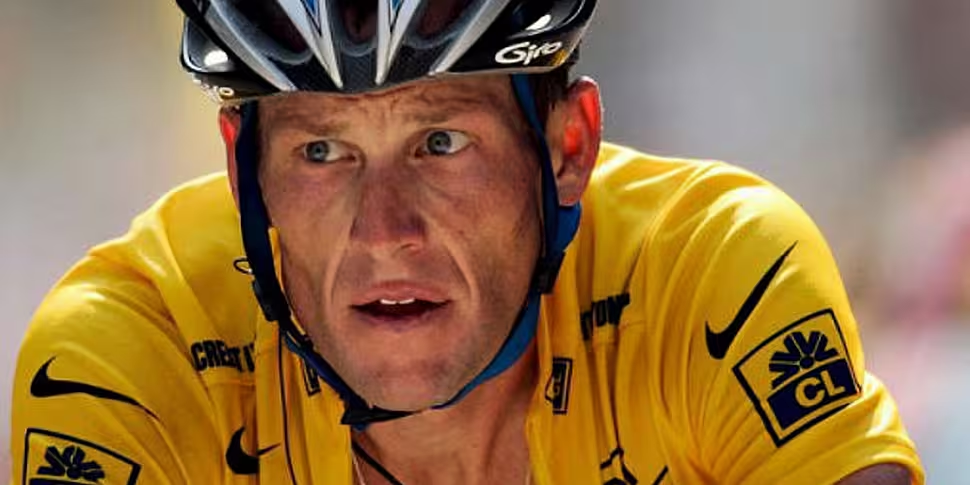In an interview with the BBC World Service this week, Lance Armstrong claimed that he would testify with "100 per cent transparency" at future doping inquiries.
But the Texan went further by demanding that he gets the same treatment as other cyclists who have got shorter bans than Armstrong, who is serving a life-time ban.
But does he have a leg to stand on when it comes to getting the equal treatment he wants?
Off The Ball spoke to Matt Rendell, author of The Death of Marco Pantani who believes Armstrong's demands do not wash and feels the circumstances of Armstrong's transgression are different to his peers.
"It's the vacuousness of a former professional athlete with nothing else to do in his life. He's at a loss at what to do with his time and money in the absence of sport."

"The drug use was not illegal according to US law but the initial state investigation into Armstrong was for racketeering. He was under investigation as a doped athlete, as a part-owner of Tailwind (the management company behind the US Postal team) and as an aggressive, bombastic and determined team leader who bullied team-mates into using drugs. He's talking about not getting the same treatment as other athletes but Armstrong went far, far deeper and far aggressively than others."
But what are Armstrong's motives?
"It seems what he wants to do is compete in triathlons," said Rendell. "Some triathletes have come out quite rightly and said that anyone who can take a raft of these doping products for many years, is not wanted in their sport. It seems what he wants is to compete again. That is not going to happen because he is banned for life. He might hope to have that ban reduced to eight years. He also wants redemption in the public eye but I don't think it is possible."









